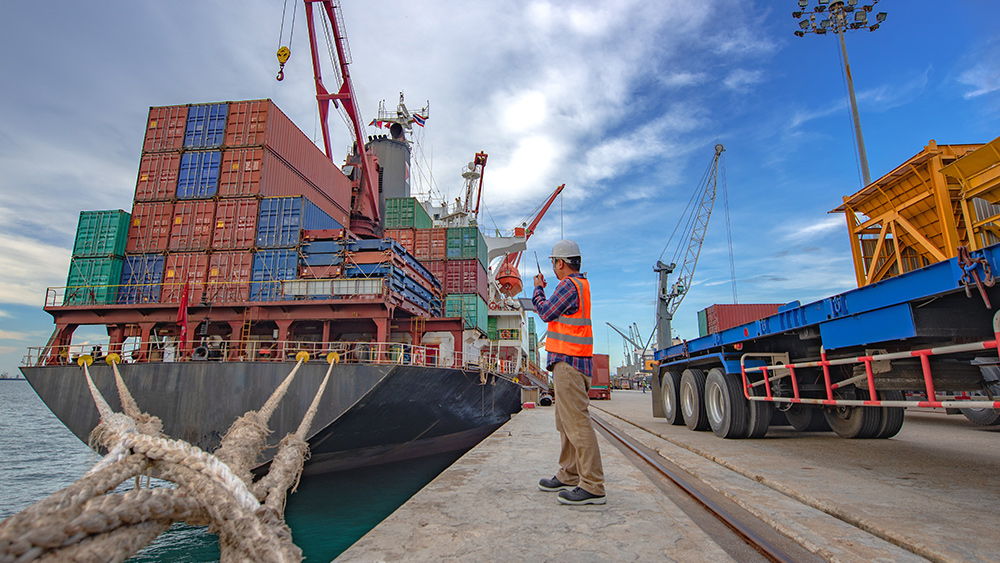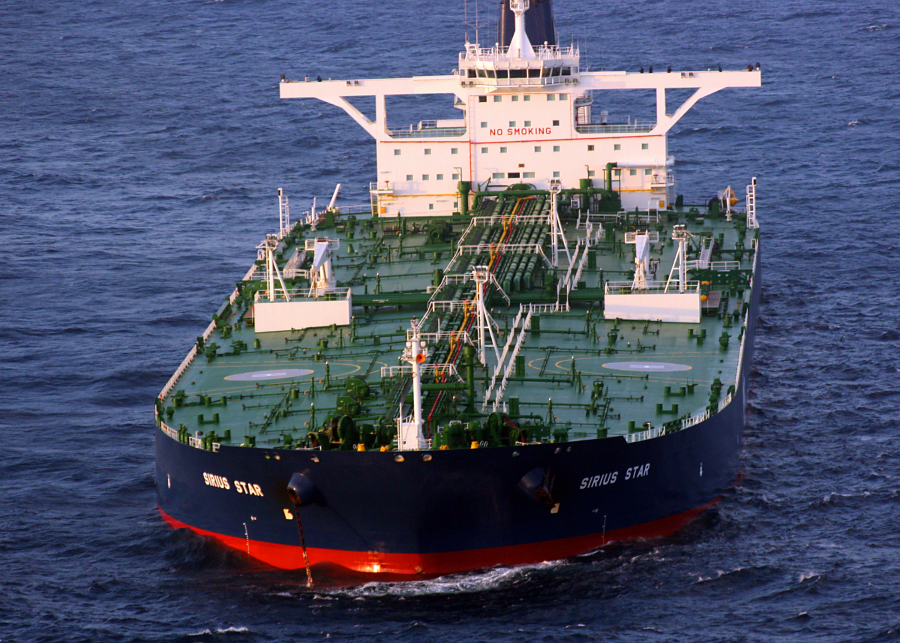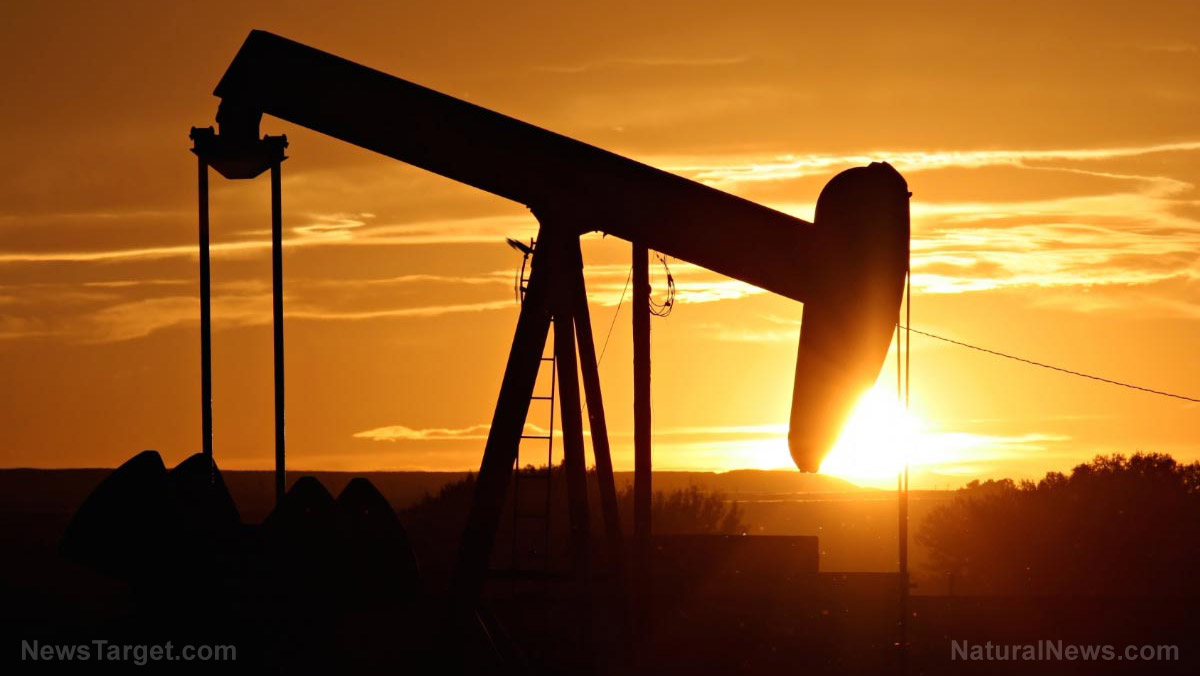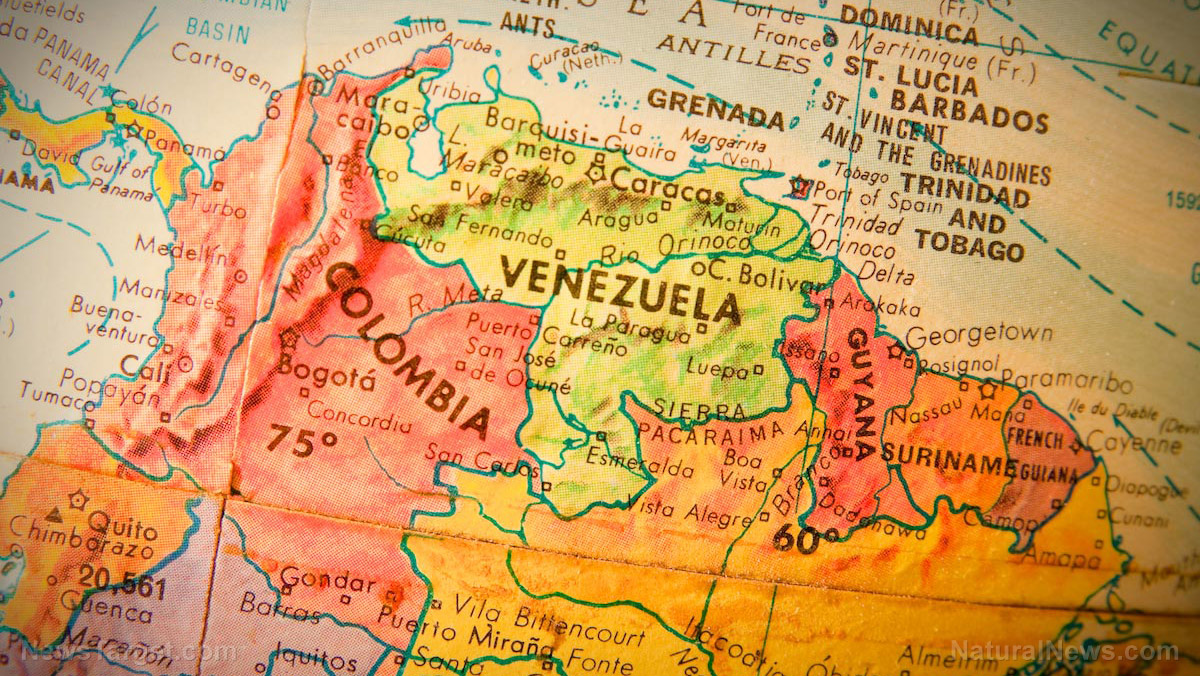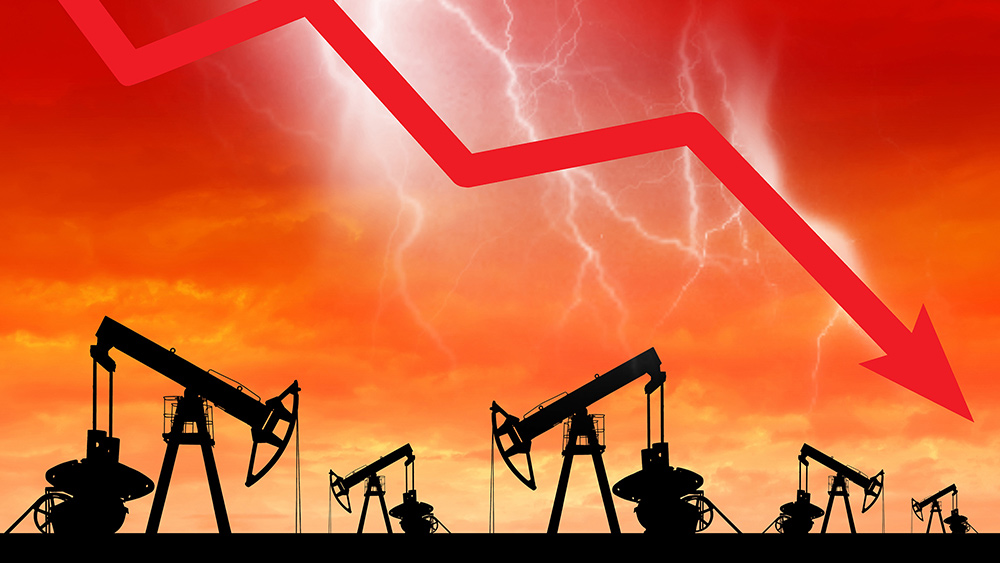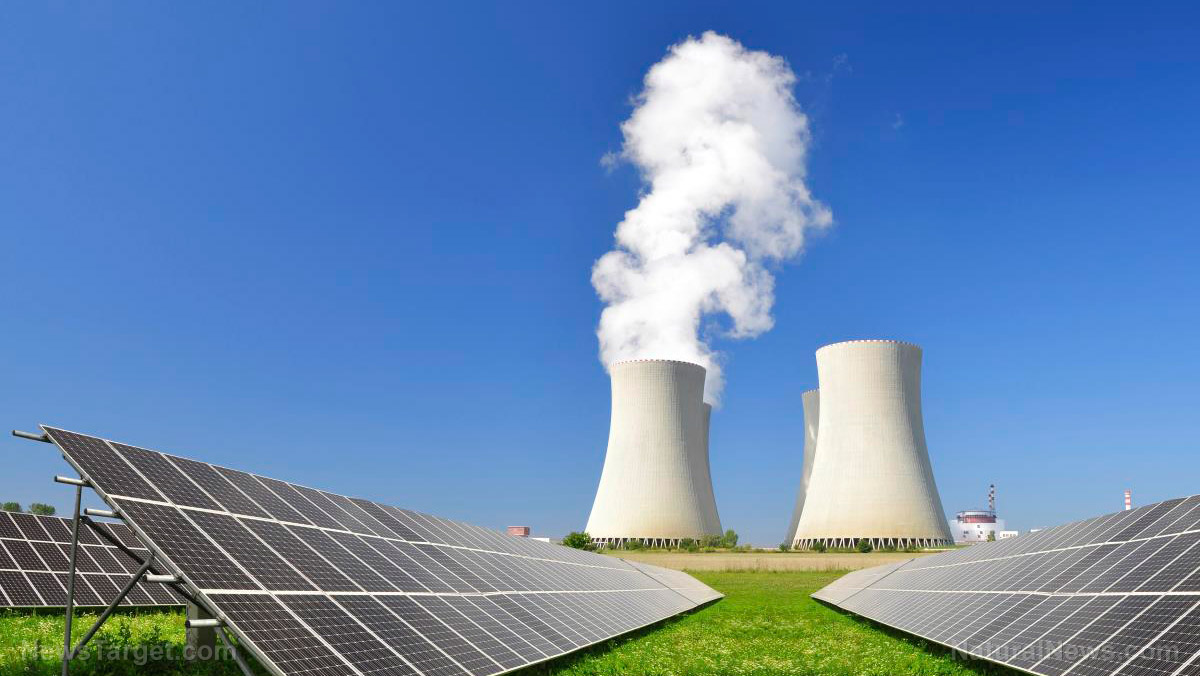Western sanctions on Russia “seriously underestimated” Moscow’s economic strength
12/29/2023 / By Ethan Huff

The Group of Seven (G7) and the European Union (EU) made a serious mistake in calculating the effectiveness of their post-Ukraine invasion sanctions on Russia.
Instead of having the intended effect of crippling Moscow’s energy revenues, Western sanctions on Russian exports have done a whole lot of nothing as the “formal effectiveness” of the plan was outsmarted by the failure of its “strategic effectiveness.”
What is meant by this is that Western sanctions on Russian oil exports, as one example, are now being offset by soaring global energy prices. In other words, even though Russia is exporting less fuel, the prices paid for that fuel have risen so much that it is pretty much a wash in terms of the economic impact of the sanctions.
The Institute of Economics of the Russian Academy of Sciences recently produced a report about all this that describes the cause as the “big country” effect. Here is how RT describes the meaning of this:
“If a state is a major player on the global market – like Russia – the imposition of restrictions on its exports will inevitably backfire, leading to a surge in global prices.”
(Related: The global food crisis that is currently unfolding is a product of Western nations that are blaming Russia for it.)
Russia now making more money on oil than pre-Ukraine invasion
It may come as a shock to some, but Russia’s crude exports, all things considered, are generating more money for Moscow than they were before the country’s military operation in Ukraine.
As of October, according to Bloomberg, Russia’s net oil revenues hit $11.3 billion. At the same time, the West-imposed economic restrictions on Russia’s economy have effectively reshaped the financial architecture of the entire world’s oil and maritime trade, shifting it even further away from the U.S. dollar.
What Russia has effectively done in its response to Western sanctions on its economy is to divert most of its energy exports to Asia – and especially to India, China and Iran, all of which are paying more than the West’s $60-per-barrel price cap on oil.
According to Maksim Maksimov, an associate professor at the Plekhanov Russian University of Economics, the only thing Western sanctions on Russia have done is destabilize the energy markets. Maksimov believes the West has “seriously underestimated” Russia as a global economic player – and increasingly as a global economic leader.
In Maksimov’s assessment, there is simply nothing the West or anyone else can do to dramatically reduce Russia’s income from exports, meaning Russia is impervious to just about anything further the West tries to do to cripple its economy.
Delovaya Rossiya business union member Aleksey Khizhnyak further commented on the more recent ban on Russian diamonds, which was just announced by the European Council (EC), stating that it, too, is unlikely to have a sizable impact on Russia’s economy.
Kremlin spokesman Dmitry Peskov stated at the time when the diamond export ban was announced that such a move by the West was “predictable,” adding that “there are ways to circumvent these sanctions, and they will be realized.”
“Sanctions were just a Western spam, fluff, eyewash and verbal diarrhea PR campaign to present to their populous to provide the illusion the West is tough and still controls the entire Global economy,” expressed one commenter about the matter.
“The western analysis of Russia being just a gas station and having the economy the size of Ireland has aged very well,” joked another. “No doubt those idiots will continue to predict the crash and fall of China.”
“The U.S. is suffering from a superiority complex, belittling other countries – even its allies,” wrote someone else. “This is exactly the reason for underestimating Russia.”
The latest news about the Russia-Ukraine conflict can be found at Chaos.news.
Sources for this article include:
Submit a correction >>
Tagged Under:
big government, bubble, collapse, economic collapse, economic riot, economy, energy report, European Union, finance riot, fuel supply, g7, market crash, money supply, risk, Russia, Russia-Ukraine war, sanctions, supply chain, Ukraine, Western sanctions
This article may contain statements that reflect the opinion of the author
RECENT NEWS & ARTICLES
COPYRIGHT © 2022 FuelSupply.news
All content posted on this site is protected under Free Speech. FuelSupply.news is not responsible for content written by contributing authors. The information on this site is provided for educational and entertainment purposes only. It is not intended as a substitute for professional advice of any kind. FuelSupply.news assumes no responsibility for the use or misuse of this material. All trademarks, registered trademarks and service marks mentioned on this site are the property of their respective owners.


